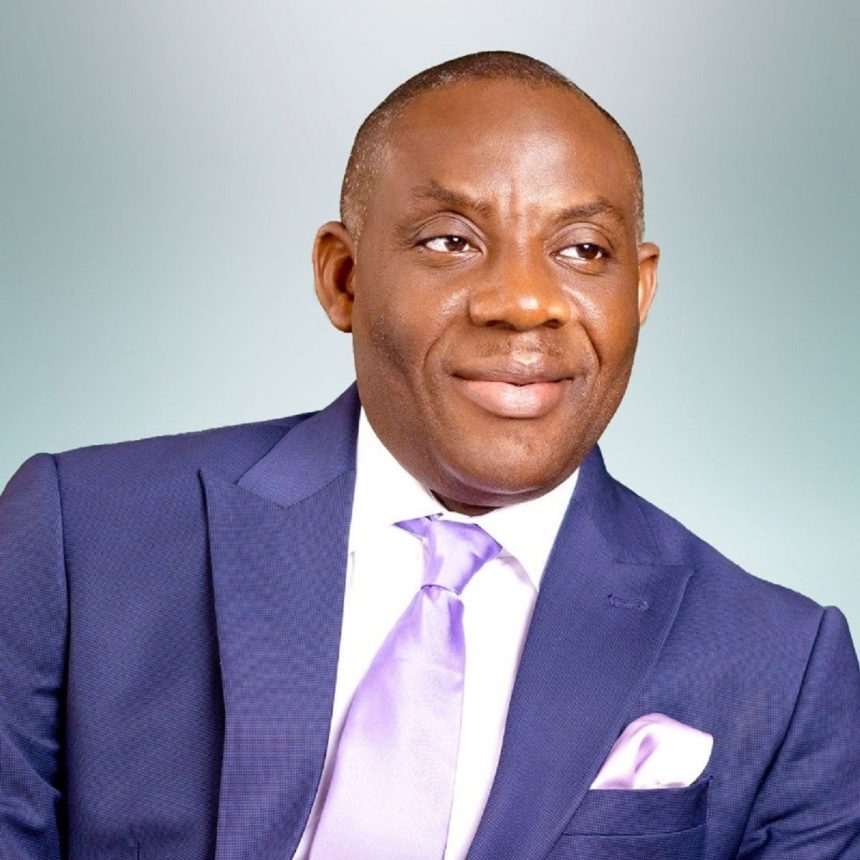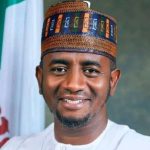Federal Government has been urged to take caution and not to rush into implementation of the newly modified basic and secondary education curriculum as announced recently by the Minister of Education, Dr Tunji Alausa.
The stakeholders in the education sector stated that to rush into implementation of the new curriculum without putting necessary infrastructure and personnel that will drive it in place would make a nonsence of the shift.
According to them, it is not that the new curriculum is not desirable for the country.
“It is indeed long overdue and therefore a welcome development but the take-off shouldn’t be immediate and implementation should be in phases to allow testing of its workability and where adjustment will be needed if necessary before implementation goes nationwide.
The stakeholders comprising educationists, teachers, administrators, school owners, journalists among others made the observation at a recent virtual dialogue organised by the Concerned Parents and Educators Network (CPE), themed: “Understanding the new Education Curriculum.”
According to the minister,
Pupils in Primary 1 to 3 will now take between nine and 10 subjects; Primary 4 to 6 will study 11 to 13 subjects; Junior Secondary School (JSS 1–3) will take 12 to 14 subjects; technical schools will offer 9 to 11 subjects.
while Senior Secondary School (SSS) will retain 8 to nine subjects, with a sharper focus on six core areas: humanities, sciences, digital literacy, robotics and artificial intelligence, new technologies and subject-based skills.
Speaking at the forum, Taiwo Akinwalemi underscored the importance of upgrading the old to a new curriculum to address the reality of today’s world but asking for its immediate implementation leaves a question of whether it is educational or political decision on the lips of lovers of quality education in the country.
According to him, there are a lot of gap to fill such as infrastructural deficit in most schools, especially public-owned and also teachers that will handle some of the new subjects.
Aside that, he asked rhetorically if the over 20 million out-of-school children in the country are factored in and so also the other critical stakeholders such as non- state actors are involved in the preparations.
“So, as far as I am concerned, all these issues need to be looked into critically so as to have uniform and effective running of the new curriculum,” he argued.
In his own contribution, Dr Salisu Yahaya, a former Director in the Department of Education Quality Assurance, FCT Education Department, said apart from the fact that input from private schools is important in the new teaching framework, so also is the need to implement Inclusive Education Policy that will cater for all children, including those with the special needs.
Making her presentation, a school administrator, Rhoda Odigboh, acknowleged various challenges that could hinder the smooth running of the curriculum, including shortage of qualified teachers in public schools, low computer literacy and access to the Internet, among others.
She said filling these gaps is important and therefore no need to rush into starting the new curriculum rather to run it in phases and be honest and transparent about the whole delivery.
In her remarks, the founder of CPE, Mrs Yinka Ogunde, noted that the dialogue is for participants to assess the new curriculum and see the best way that could achieve its objectives.
She reaffirmed commitment of CPE to contributing substaintially to the development of education across levels in the country.
ALSO READ TOP STORIES FROM NIGERIAN TRIBUNE
WATCH TOP VIDEOS FROM NIGERIAN TRIBUNE TV
- Let’s Talk About SELF-AWARENESS
- Is Your Confidence Mistaken for Pride? Let’s talk about it
- Is Etiquette About Perfection…Or Just Not Being Rude?
- Top Psychologist Reveal 3 Signs You’re Struggling With Imposter Syndrome
- Do You Pick Up Work-Related Calls at Midnight or Never? Let’s Talk About Boundaries






